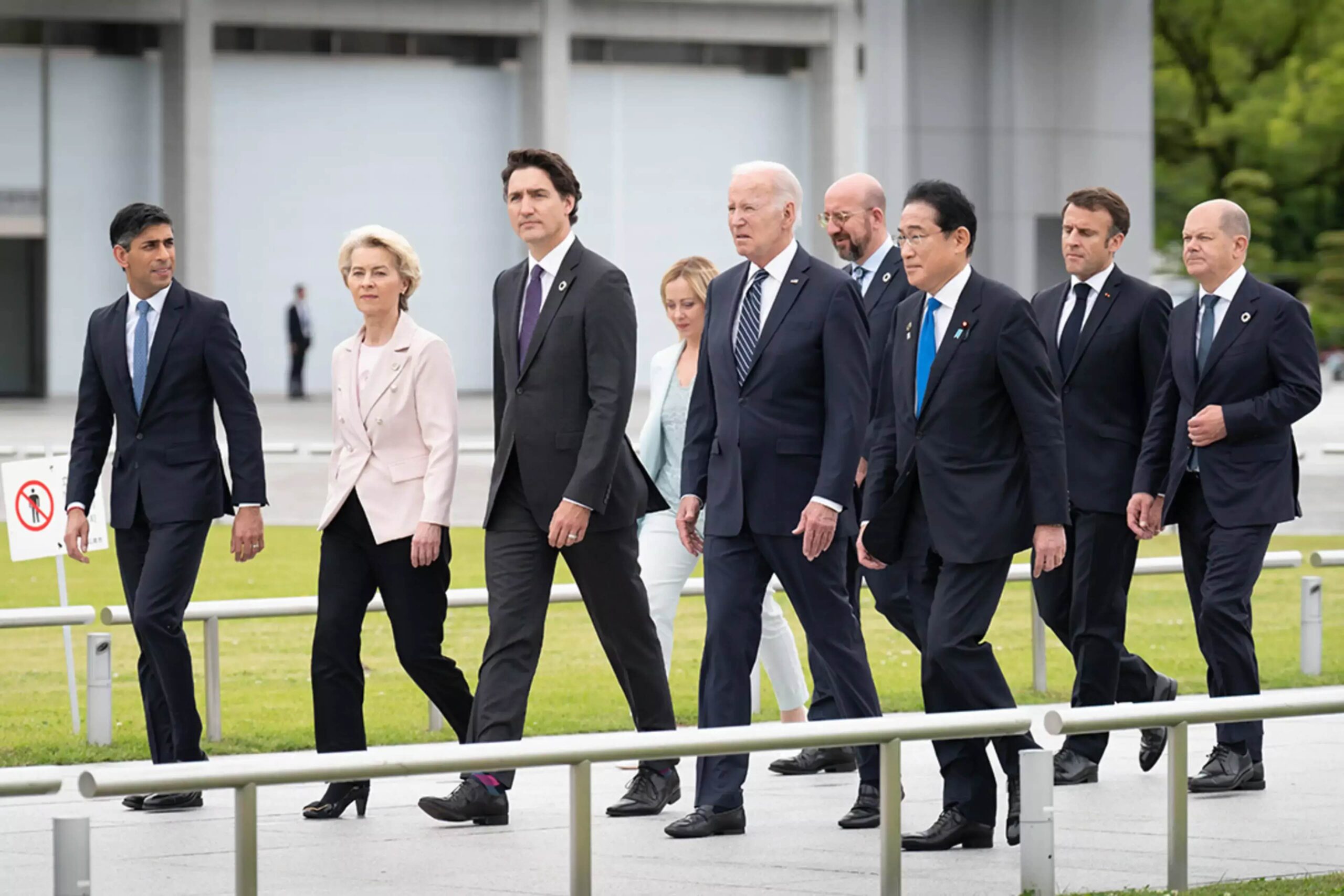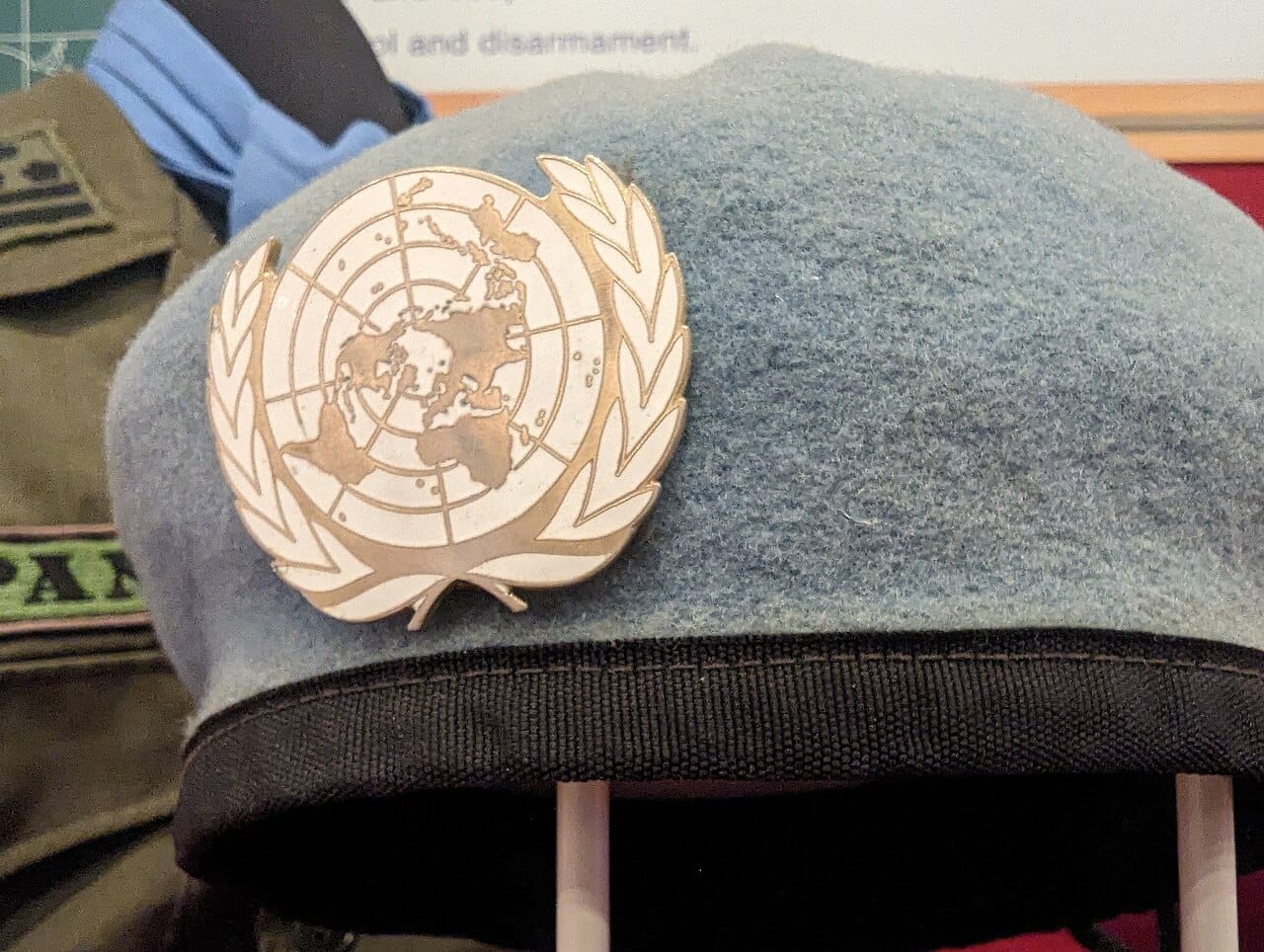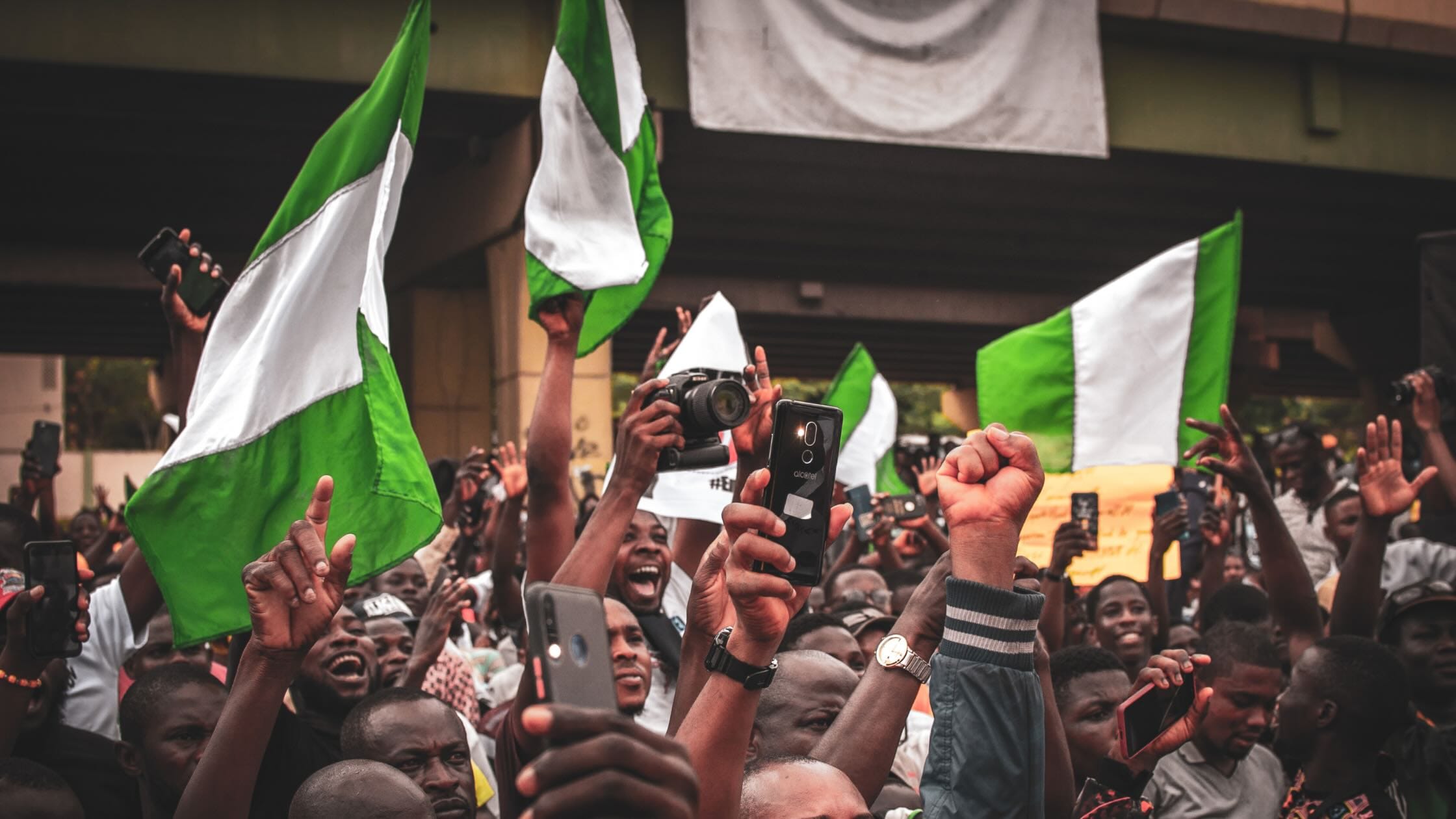The Group of Seven (G7) is an informal grouping of advanced democracies (Canada, France, Germany, Italy, Japan, United Kingdom and the United States) that meets annually to coordinate global economic policy and address other transnational issues. The G7 plays a significant role in global governance, as its member countries are among the world’s largest economies and have a substantial impact on international relations. The G7’s engagement in Africa is crucial for sustainable development, as the continent faces numerous challenges, including poverty, climate change, and security threats. The G7’s partnership with Africa is guided by the objectives of the African Union’s Agenda 2063 and the 2030 Agenda for Sustainable Development, emphasising the importance of collective action to address global challenges and promote peace, stability, and development in the region.
G7’s focus on Africa is diverse, encompassing issues such as energy projects, climate change, and infrastructure development. The Mattei Plan, a key component of Italy’s foreign policy agenda, aims to encourage development in Africa through energy investments, with the goal of slowing migration to Europe. This approach recognises the potential for Africa to become a significant energy producer and addresses the energy supply challenges faced by Europe. The G7’s commitment to Africa is also reflected in its support for the African Continental Free Trade Area, which aims to boost intra-regional trade and unlock investment potential.
G7’s Partnership with Africa
Image Credit – Council on Foreign Relations
About the Author
Mahima Sharma is a staff writer at The Viyug. She is also a research analyst at the Global Strategic & Defence News (GSDN). She completed an internship as a geopolitical risk intern at WoRisGo. She holds a Bachelor’s degree in Political Science from Panjab University, Chandigarh.



